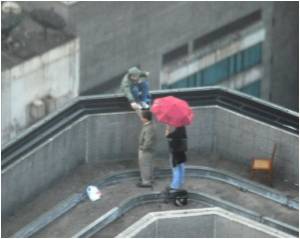Unemployment may up the risk of death in people but recession could help cut mortality risk, reveals new research.

The researchers found that each percentage-point increased in the individual's state unemployment rate reduced the hazard of death by approximately 9 percent, which was about the equivalent of making a person one year younger.
The data were used to estimate how the risk of death depends on both the employment conditions of the individuals and the contextual economic conditions surrounding them. Models to estimate the strength of these associations included numerous variables sex, age, marital status, household income, previous health to adjust for potential confounders. Models also included variables with a lag for instance, the employment status one or two years before to take into consideration the possibility that having poor health was what raised the risk of becoming unemployed and dying.
Jose Tapia, PhD, said that most people believed that being unemployed was a bad thing but what many people don't realize was that economic expansions, which usually reduces joblessness also have effects that could be harmful for society at large.
While this investigation did not cover the potential causes for these phenomena, the researchers suggested that the increase in the risk of death associated with individual joblessness might be related to stress and depression, which often lead to substance abuse and other harmful behaviors. Atmospheric pollution, which strongly increases in economic upturns and diminishes in recession, might be one of several important mechanisms explaining why population mortality tends to decrease when the economy stagnates.
The study 'Individual Joblessness, Contextual Unemployment, and Mortality Risk,' is published in the American Journal of Epidemiology.
 MEDINDIA
MEDINDIA




 Email
Email




